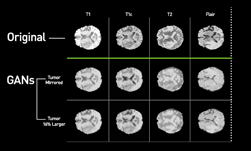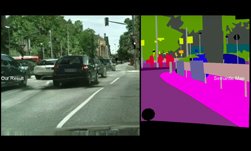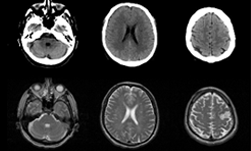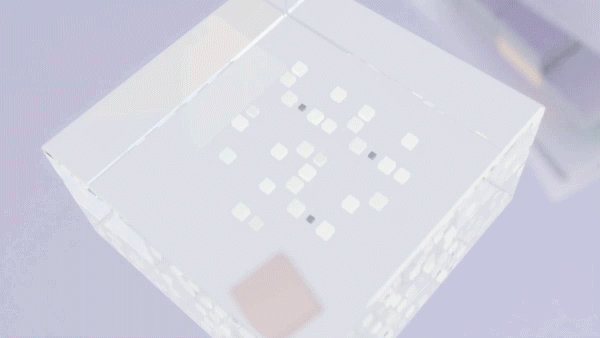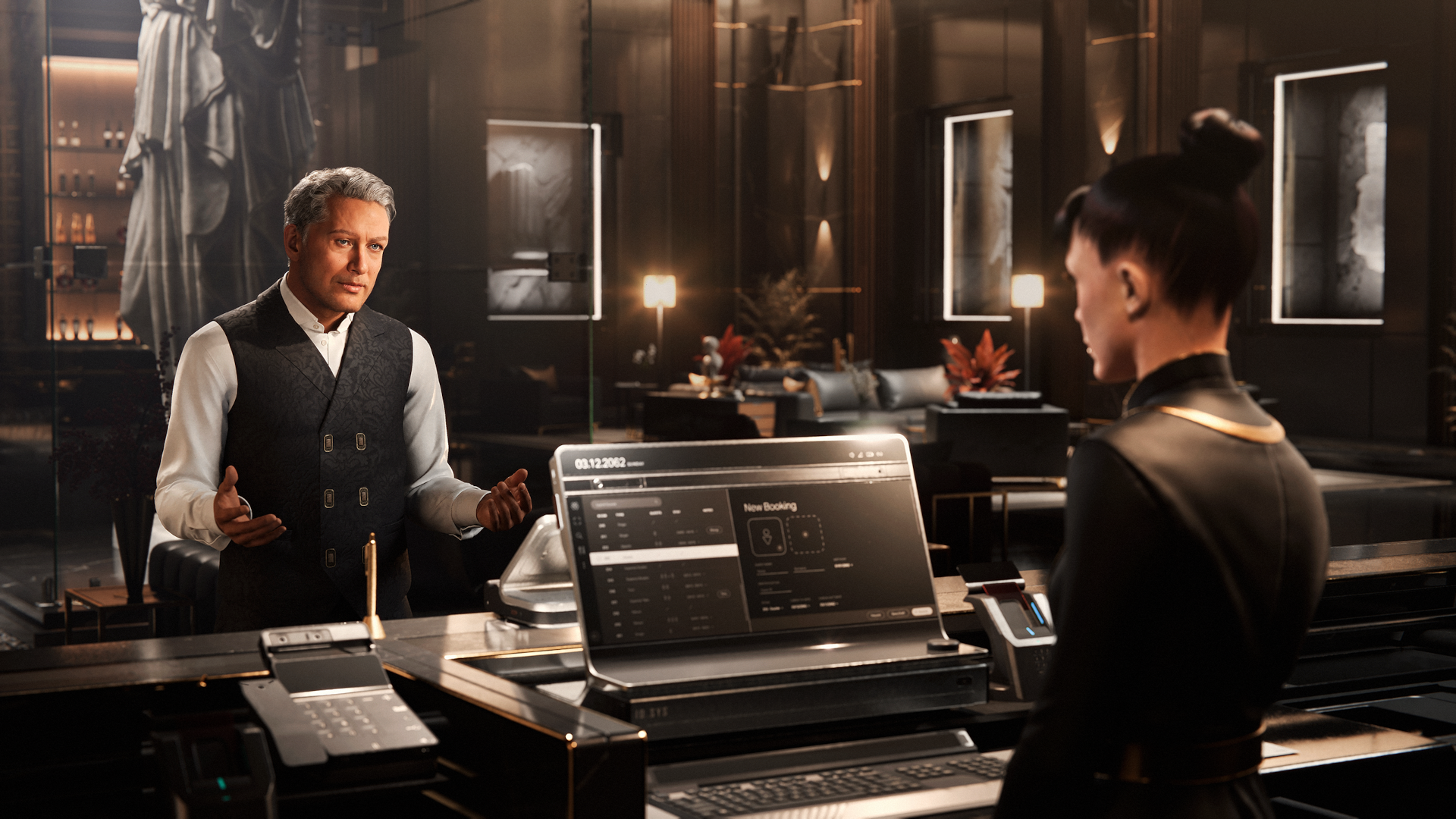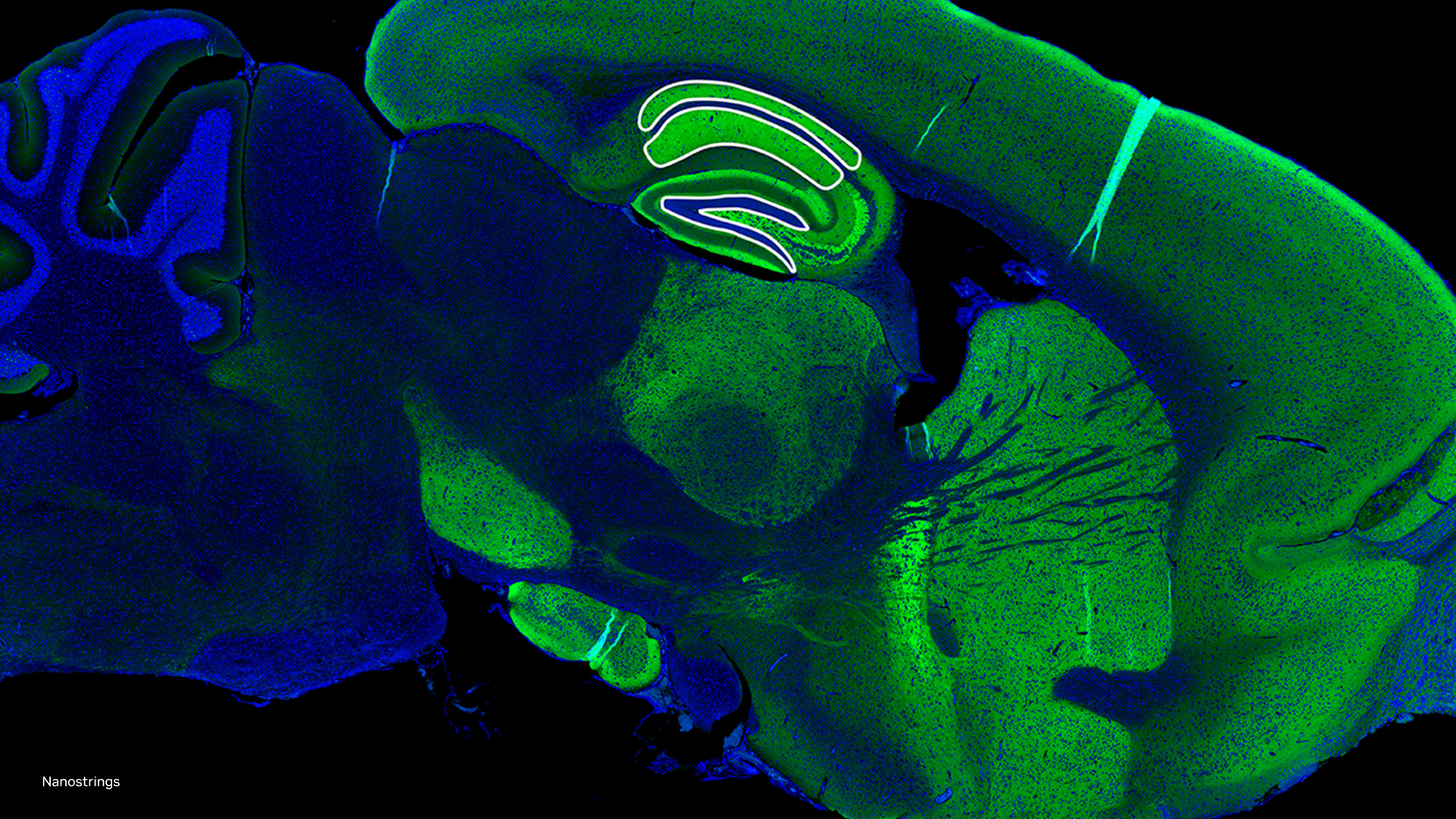Researchers from IBM developed a deep learning system that can perform image registration, or the process of aligning two or more images of the same scene, with superb accuracy and speed. The method uses generative adversarial networks (GANs), and has the potential to radically improve the analysis of magnetic resonance images, allowing doctors and specialists to spend less time applying geometric and algebraic equations to images, and more time on patients.
The problem is simple, MR images are often captured under variable conditions that affect the camera perspective or consent of the scene. Misalignment also occurs when different capture devices are used, meaning if a patient gets an MRI in one room, and then gets another one at a different hospital, a specialist would have to spend hours aligning the photos.
“Our primary contribution is in using GAN for medical image registration, and combining conditional and cyclic constraints to obtain realistic and smooth registration,” the IBM researchers stated in their research paper. “Experimental results demonstrate that we perform better than traditional iterative registration methods and other deep learning based methods that use conventional transformation approaches.”
Using NVIDIA Tesla GPUs with the cuDNN-accelerated TensorFlow deep learning framework, the team trained their system on over 40,000 retinal and cardiac images.

“Appropriate constraints in the GAN cost function produce accurately registered images in less than a second,” the researchers stated. “Experiments demonstrate their accuracy for multimodal retinal and cardiac MR image registration.”
Read more >
Related resources
- DLI course: Data Augmentation and Segmentation with Generative Networks for Medical Imaging
- DLI course: Image Classification with TensorFlow: Radiomics?€?1p19q Chromosome Status Classification
- GTC session: AI-Enabled MR Reconstruction: Doing More With Less
- GTC session: Deep Learning-Based GRAPPA Operator Gridding for Non-Cartesian MR Image Reconstruction
- GTC session: Creating AI-Powered Hardware Solutions for Medical Imaging Applications
- SDK: MONAI Cloud API


